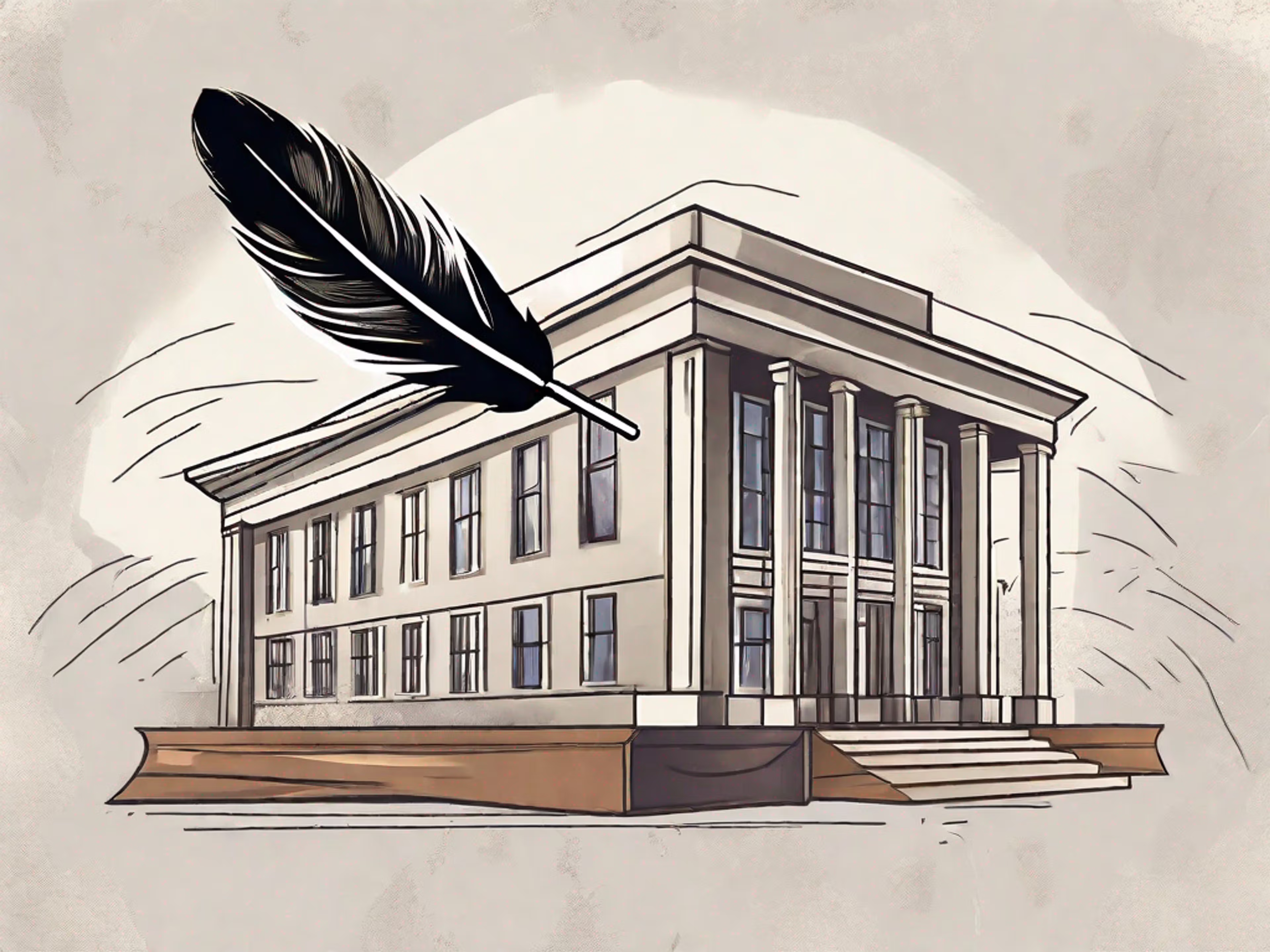A Coach’s Guide to MBA Letters of Recommendation
A professional MBA admissions coach outlines her top advice on getting the best letters of recommendation possible, including how to select, prepare, and support your recommenders throughout the process.

By Aniekeme U.
Wharton MBA | International | Storytelling Expert | Pro Coach
Posted April 10, 2025

Free Event

Featuring Melanie E.
How to Get a Head Start on Your MBA Application
Starting Wednesday, April 16
10:00 PM UTC · 60 minutes

Featuring Melanie E.
Hi, I’m Aniekeme U., a professional admissions coach and TEDx speaker on the power of stories. I earned my MBA from Wharton, where I served on the board of Wharton Storytellers and was an Executive Communications teaching assistant. I am an international who moved from Nigeria to attend Columbia University, where I earned a BS in chemical engineering and served on Columbia’s Global Recruitment Committee. I have worked at top consulting, investment banking, and tech companies, and in landing those offers, I greatly benefited from strong referrals.
Powerful, professional recommendations can have a similar effect in helping you land a spot in your dream business school. They can make or completely tank your business school application.
In this article, we will dive into that crucial topic.
Understanding the Importance of Letters of Recommendation
Recommendation letters offer a holistic perspective on your abilities, providing insights into your character, skills, and potential beyond your essays and academic records. They allow someone who knows you well to vouch for your qualities and potential as a business school candidate. Admissions committees highly value these letters as they provide a deeper understanding of your abilities and potential contributions.
Selecting the Right Recommenders
It all starts with choosing the right recommenders. Former managers or supervisors who can speak to your skills and capabilities with examples usually make the best recommenders. But most schools are flexible about this, as sometimes it’s impossible to get a direct supervisor to write a recommendation letter for you.
When I applied to Wharton, I didn’t get a recommendation from a direct supervisor. Instead, I asked my coach, who hadn’t directly managed me but was fully versed in all the work I had done and my professional growth at the company. He was my champion at work, and he championed me to Wharton. I also got a letter from a fellow senior associate with whom I had worked for about a year, building a new business line at the company. So, he had a specific perspective on my work that was valuable to share.
Selecting the right recommenders ensures that you’ll get impactful and authentic letters. Think about how each recommender can vouch for your capabilities in a way that reinforces but also provides a unique perspective. And, know that it’s not about superiority or alum status as much as about credibility and relevance.
Introducing the Common Letter of Recommendation
Many top business schools have adopted the Common Letter of Recommendation (LOR) format to simplify the recommendation process for applicants and recommenders and make understanding each applicant’s strengths and potential easier. The Common LOR is a standardized template that allows recommenders to evaluate candidates based on specific competencies and attributes. It provides a consistent framework for assessing applicants across different schools, making it easier for recommenders to offer comprehensive and meaningful feedback.
The Common LOR consists of three sections:
- Personal Information: Recommenders identify themselves and their relationship to you.
- Leadership Assessment Grid: This section evaluates candidates on 16 traits and competencies divided into five categories, such as influence, achievement, and cognitive abilities.
- Letter of Recommendation Questions: This essay-style section includes three prompts that must be answered in 500 words or less. These prompts cover the recommender’s interactions with the applicant, comparing their performance to other qualified individuals, and the most important constructive feedback given to the applicant.
Stanford GSB, MIT Sloan, Dartmouth Tuck, NYU Stern, and Yale SOM are just a few of the top business schools that use the Common LOR. You can find out whether the schools you’re applying to use the Common LOR on their official websites.
Guidelines for Requesting Recommendation Letters and Preparing Recommenders
Once you have identified your recommenders, you’ll need to approach them properly and provide the necessary information. Remember these guidelines:
- Ask for recommendations well in advance to give your recommenders enough time to write thoughtful and personalized letters.
- Provide a clear and concise overview of your goals, experiences, and achievements. You can do this after you make the ask and they agree. Set up a virtual or in-person coffee to discuss what you’d like them to address in their letter. You can also create a recommender prep doc to provide them with content ideas and guidance (see Leland's Recommender Prep Doc here).
- Guide and support your recommenders throughout the process. Be responsive to any questions that come up. You don’t want to be the one slowing down your recommenders.
- Your application is not complete without your recommendation letters. So you need to ensure that they get submitted on time. Set internal deadlines and follow up. If a recommender is dragging their feet, consider scheduling a half hour on their calendar to give them that dedicated time to write. However, know that the right path forward is highly dependent on your relationship with the recommender!
- I usually don’t recommend sharing your essays with your recommenders because that can handicap your letters. Rather than offering a fresh perspective that can help showcase you through a multifaceted lens, recommenders can consciously or unconsciously default to reinforcing what they’ve read in your essays.
Each component of your application is an opportunity for the admissions committee to learn something new about you that adds to your overall candidacy. Let your recommendation letters play their part in that. - Finally, remember that writing your own letters would violate most schools’ application terms. So guide, don’t write.
Following Up and Expressing Gratitude
After requesting your recommendation letters, follow up with thank you’s! You can take your recommenders to coffee or lunch or send an email acknowledging the time and effort they’ve put into helping you make this massive career step a reality.
I hope you found this article helpful. Recommendation letters can be the extra push that gets you an interview invite or admissions offer. They can also be the nail in the coffin of your application. Starting early, choosing properly, and guiding your recommenders will make a big impact on your letters. If you want to work one-on-one with me, you can view my profile here. I offer comprehensive, hourly, and customized packages to help you get into your top business school. I look forward to working with you!

Written by Aniekeme
5.0
(1)
Your power is in your story. It may not be easy to see at first how the dots all connect, from where you're coming from, what you've experienced, and what you'd like to accomplish next. Making that connection and telling your unique story in a strategic and compelling way is possible, and I am here to help you do that! Hi! Thank you for stopping by my profile. My name is Aniekeme, and I help professionals like you get into top US MBA programs. I graduated with an MBA from Wharton in 2020 and a BS in engineering from Columbia. I have worked in consulting, banking, retail, and tech at companies like PWC, Evercore, and Peloton. Navigating the US as an international, I am blessed to have had coaches and advisors who believed in and supported me. A senior MBA admissions consultant discouraged me from applying to business schools, saying I wouldn't get into a top program. But another coach listened, asked questions, and showed me what was possible, and I got into Wharton with fellowships from Wharton, Evercore, and McKinsey. To pay that forward, I started my MBA Admissions consulting journey as a coach with the Young African MBAs Business School Prep program in 2021. My coachee was applying to business schools for the third time, and working together, he went from 5 rejections to 5 acceptances and over $250,000 in scholarships. He enrolled at Booth and was admitted to other top schools like Tuck, SOM, and Darden. I started my MBA Admissions Consulting practice after earning my Master Certified Professional Coaching certification in 2022. In addition to my coaching expertise, I draw on my experience as a recent MBA grad, my relationships with alums and admissions directors across the top US business schools, and the power of storytelling, a topic on which I am an official TEDx speaker. I offer comprehensive admissions consulting, which I recommend to all prospective clients as it allows us to work together through every aspect of the application, crafting a cohesive and compelling narrative and supporting through interviews and decisions. I also offer hourly services that cover personal narrative workshops, resume and essay editing, recommendation strategy, mock interviews, and other ad hoc application support. Business school can be a pivotal career move. I would be honored to support you through this important, challenging, and ultimately rewarding process!
Aniekeme has helped clients get into organizations like:
Chicago Booth
Yale School of Management
Tuck School of Business
Darden School of Business (UVA)
Tepper School of Business (Carnegie Mellon)


















